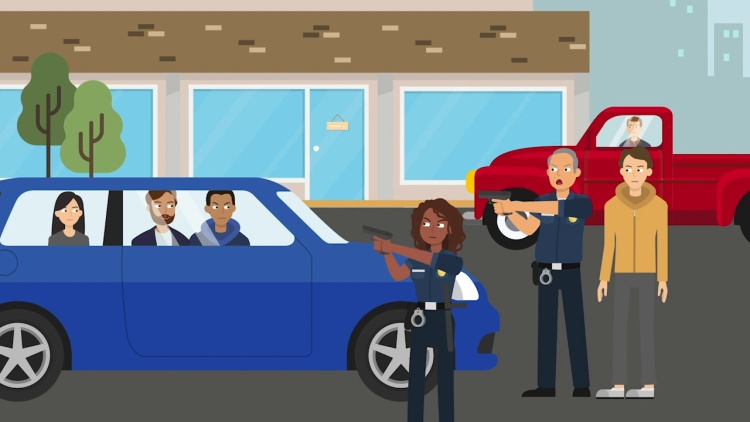United States v. Stanley
United States Court of Appeals for the Eleventh Circuit
24 F. 3d 1314 (1994)

- Written by Rich Walter, JD
Facts
The federal government (plaintiff) prosecuted Tiffany Sherrell Stanley, Ronald Calvin Powers, and Charles Reynaldo Cameron (defendants) for possession with intent to distribute cocaine base, in violation of 21 U.S.C. §§ 841(a)(1) and 846. Powers was tried separately and convicted. At Stanley's and Cameron's trial, the evidence established that accused cocaine trafficker Timothy Wayne Murray agreed to assist the police by setting up a sting operation that would result in the arrest of Murray's suppliers. Murray and Cameron, driving a car and carrying Stanley and Powers as passengers, met at a prearranged location, where Murray and Powers negotiated a drug sale. While Murray ostensibly went to collect purchase money, police officers arrived at the scene and arrested Cameron, Stanley, and Powers. Police officers searched Cameron's car and found filled bags, which Cameron admitted belonged to him. The officers analyzed and weighed the bags, and found they contained 105.6 ounces of cocaine base. The evidence at trial, based on the state crime laboratory's re-analysis of the bags, showed only 88 grams of cocaine base. Government witnesses testified that a chain of custody linked the cocaine base seized from Cameron's car and the cocaine base re-analyzed at the state crime laboratory. These witnesses also testified that the police initially weighed the substance on a scale confiscated from a drug dealer, who maintained the instrument poorly, and that the faulty scale's measurement of 105.6 grams was a false reading. The jury convicted Stanley and Cameron, who appealed to the Eleventh Circuit Court of Appeals. The court vacated Stanley's convictions for insufficient evidence. Cameron's appeal challenged the sufficiency of the evidence against him, given the discrepancy in weighing the bags found in his car.
Rule of Law
Issue
Holding and Reasoning (Clark, J.)
What to do next…
Here's why 911,000 law students have relied on our case briefs:
- Written by law professors and practitioners, not other law students. 47,100 briefs, keyed to 997 casebooks. Top-notch customer support.
- The right amount of information, includes the facts, issues, rule of law, holding and reasoning, and any concurrences and dissents.
- Access in your classes, works on your mobile and tablet. Massive library of related video lessons and high quality multiple-choice questions.
- Easy to use, uniform format for every case brief. Written in plain English, not in legalese. Our briefs summarize and simplify; they don’t just repeat the court’s language.





